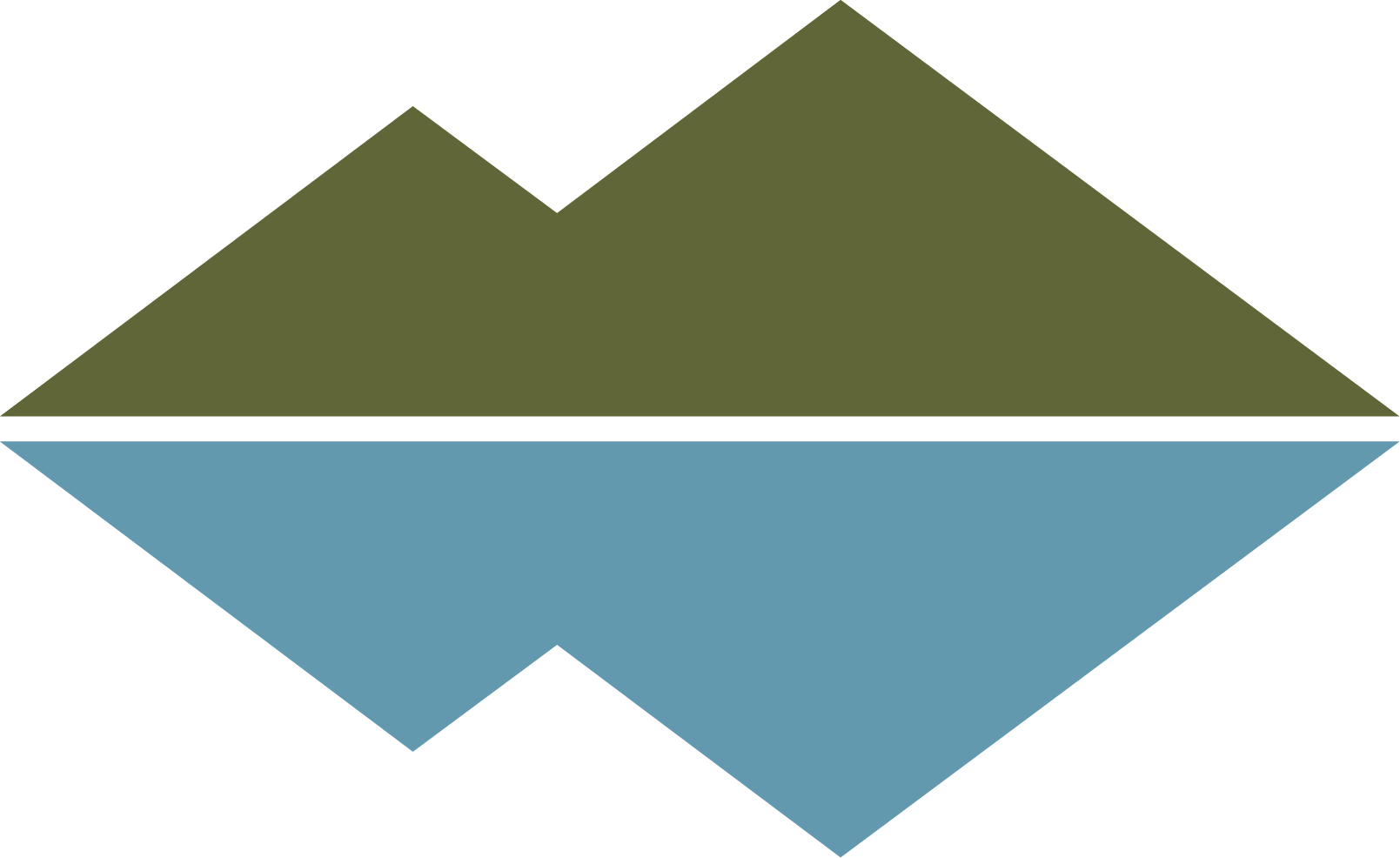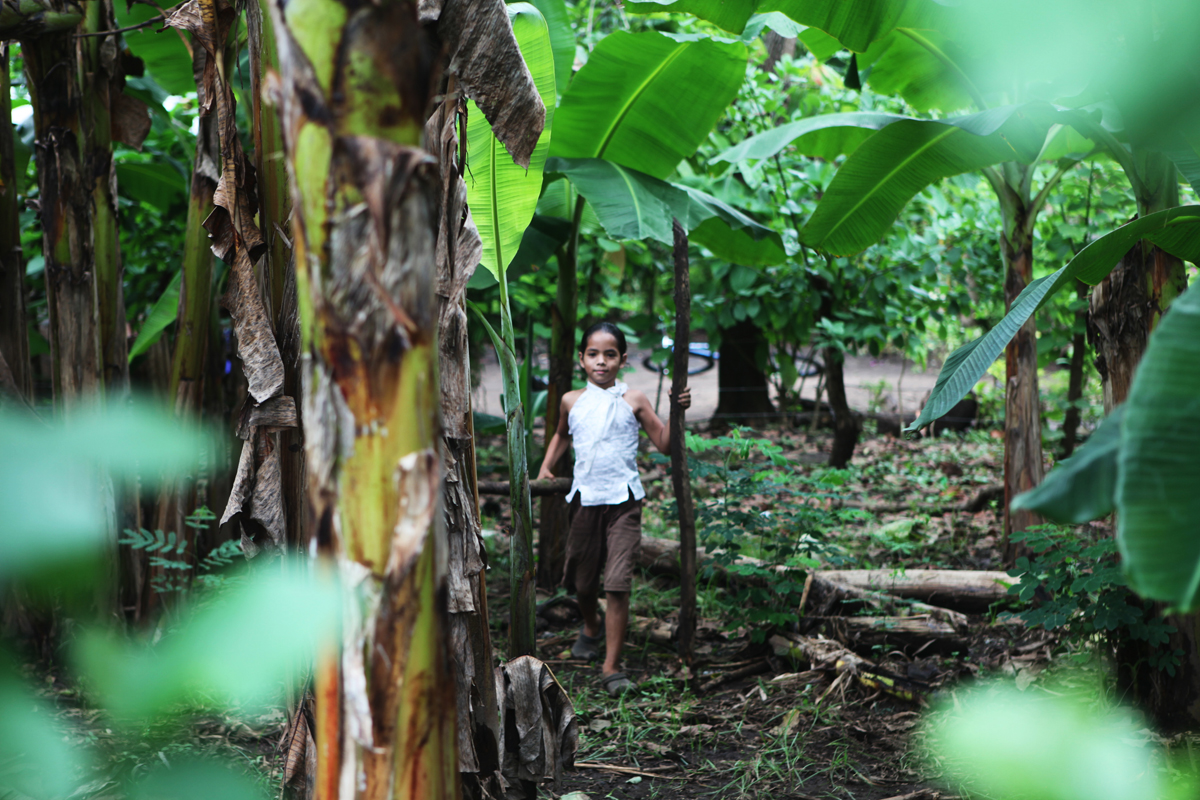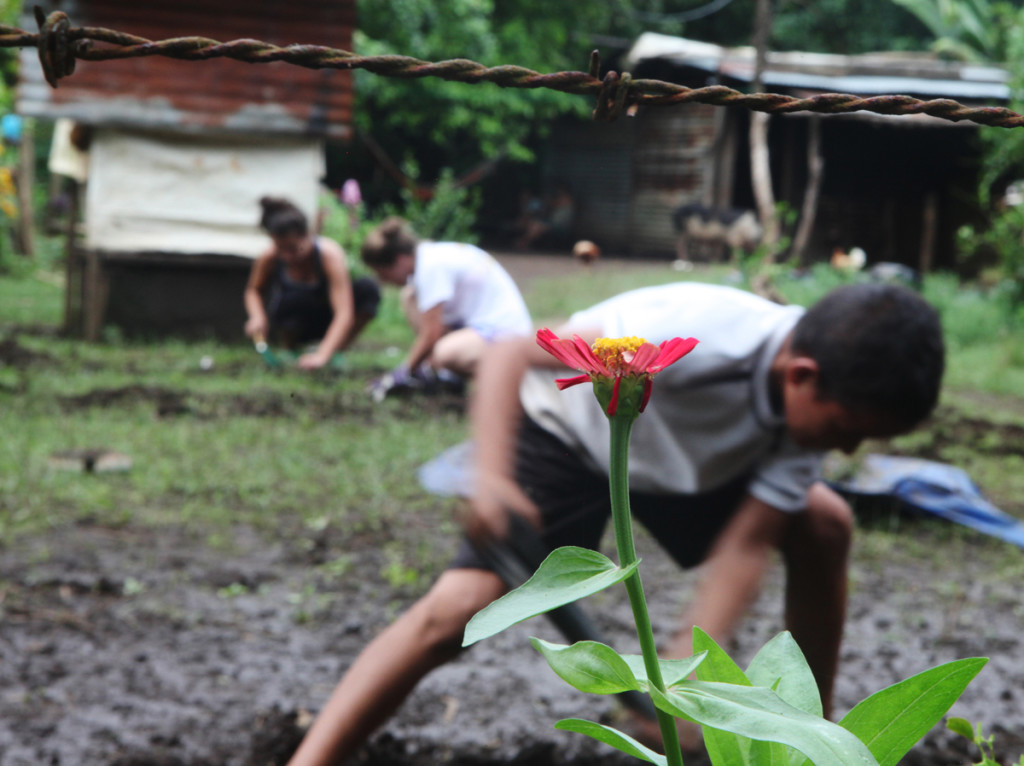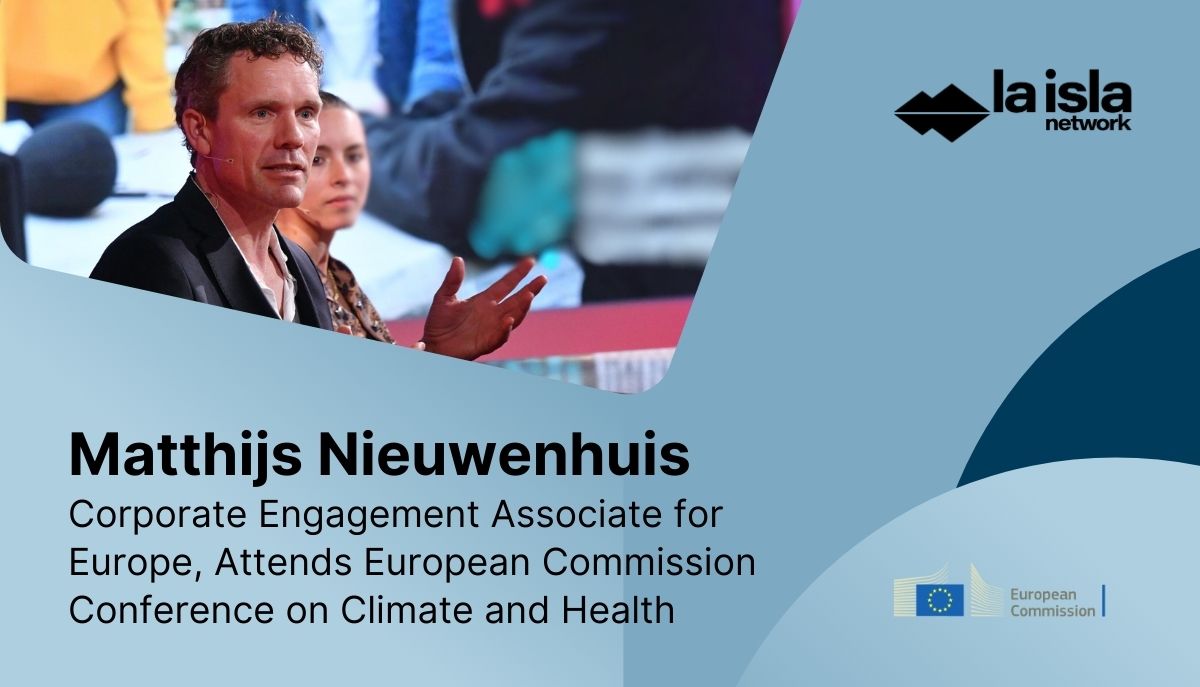“It’s beautiful for them to learn how to prepare the land,” Paula Mercedes Cheves Ruiz said.
Last month Cheves Ruiz donated to La Isla Foundation a 25’ x 25’ plot of land from her property in La Isla, Nicaragua.
The land will serve as a community garden where children and families from surrounding areas will have the opportunity to learn tricks of the agricultural trade from expert farmers, offering them a range of know-how applicable to other, less deadly lines of work than cutting sugarcane.
Volunteers Katelyn Colwell and Louise Chong are planning the garden’s cultivation. “It’s great to have a place where community members can come together and help each other learn an alternative skill,” Chong said.
In the past week, two teams of volunteers collaborated with members of the Guanacastal community to weed and till the soil of the garden and place fence posts around its perimeter.
“The dirt was dense and hard and the sun was unbearable, not to mention near 80% humidity,“ volunteer Michael Tarr said. “Luckily, in times like these, inspiration is not hard to find.”
A mother of four, Cheves Ruiz lost her husband to chronic kidney disease of unknown cause five years ago. As common as losing a husband to CKDnT was in 2008, the rate of death in La Isla has since doubled according to death records of the mayor’s office of Chichigalpa.
“There’s not a single family in La Isla not affected by CKDnT, and in most cases many times over,” said Katie Stark, Director of Community Development. “At this point, having a living father, husband, or older brother is almost more rare than living as a widow or orphan.”
Stark hopes the garden will have positive long-term effects on the community. “Through this learning garden, families will be given training on how to grow new foods, prepare and eat these foods, and will be given resources to start their own home gardens for personal use or profit. This may look like just a community garden from the outside, but it has the potential to drastically change the health of families and possibly save the lives of a few of La Isla’s young men.”









